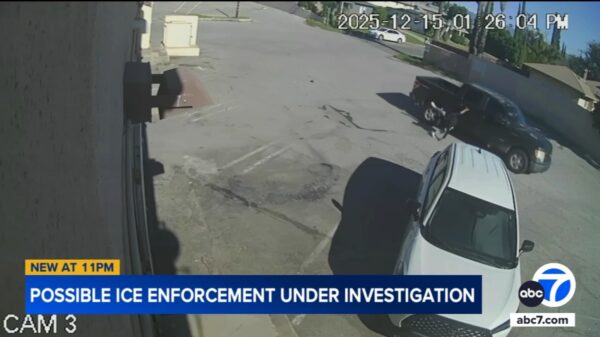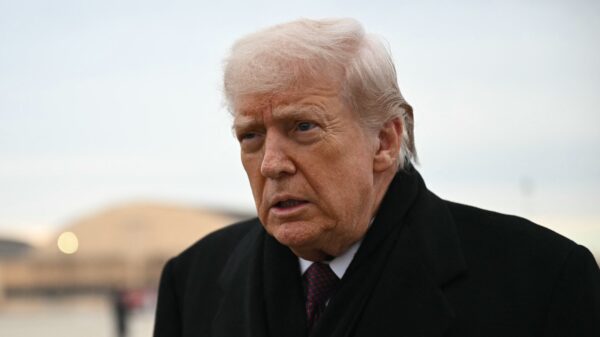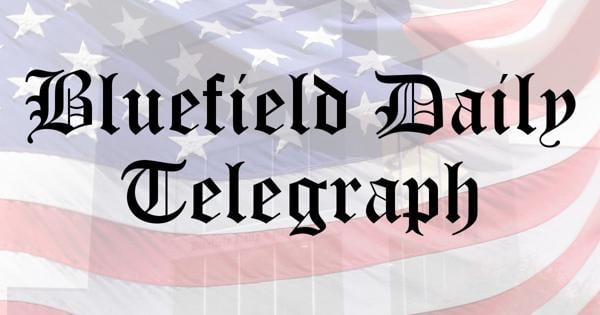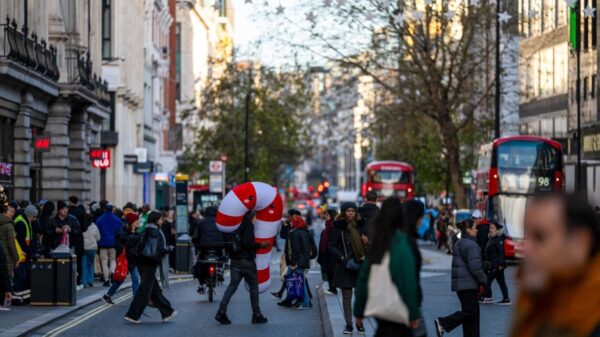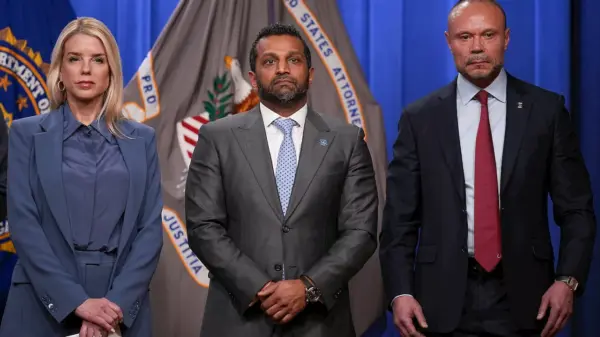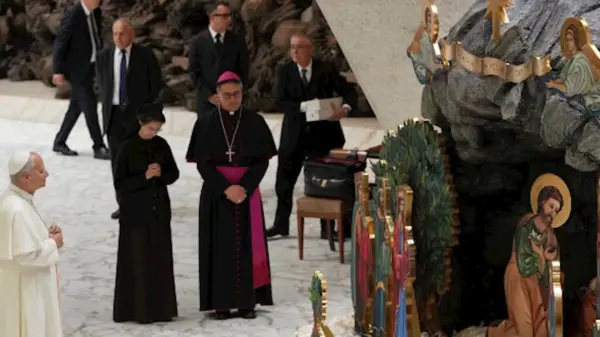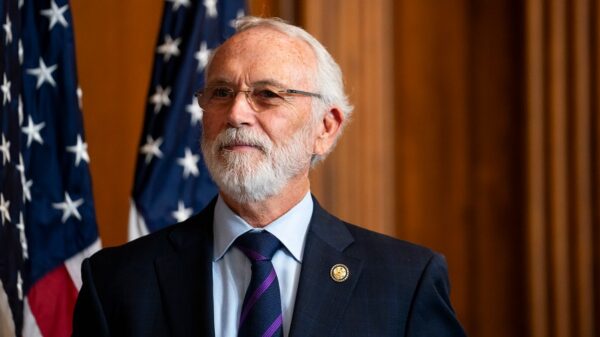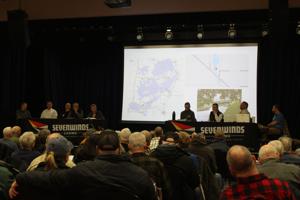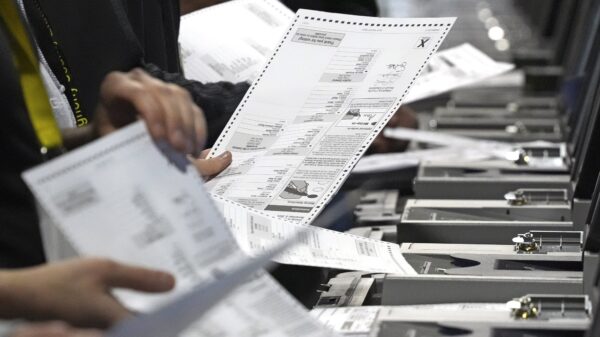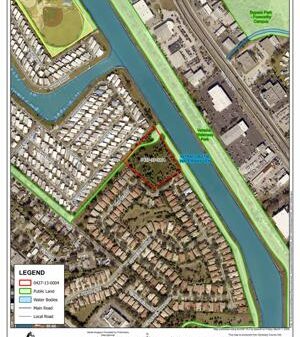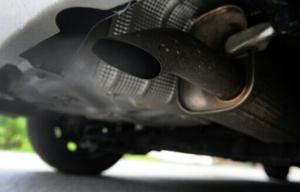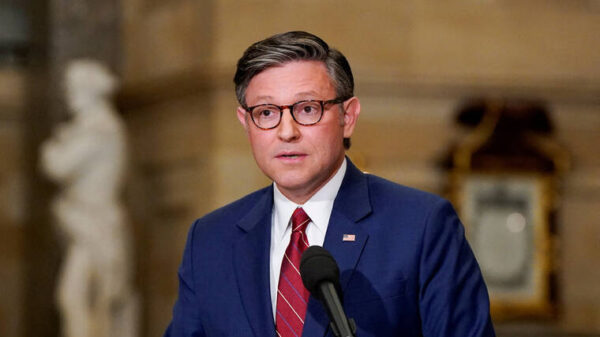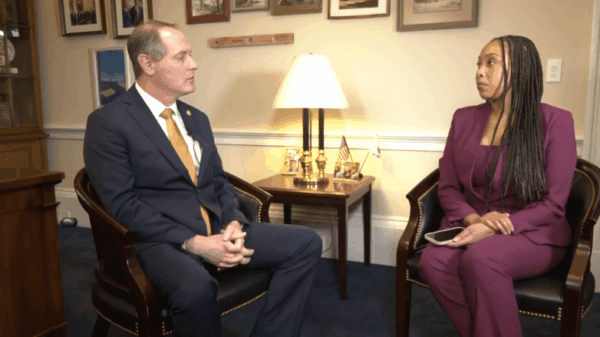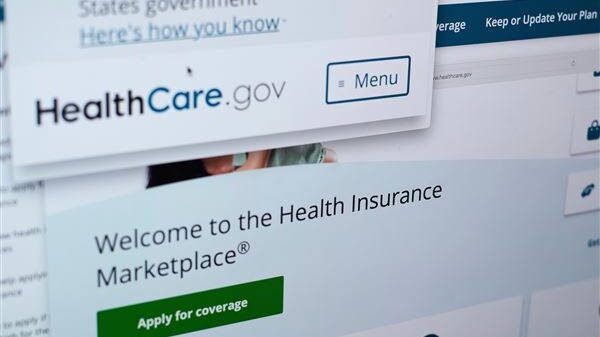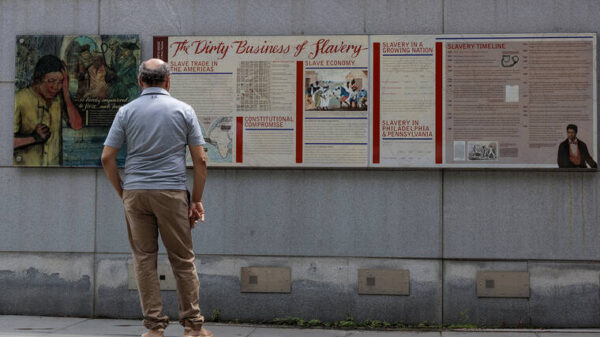The city of New Orleans is exploring options for enhanced public safety through potential federal assistance, particularly in collaboration with the Louisiana National Guard. The ongoing dialogue comes in the context of a notable decline in crime rates, with police reporting a rate of 6,085 crimes per 100,000 residents in 2023, reflecting a 23% reduction from the previous five-year average.
Historically, New Orleans has effectively partnered with federal agencies like the FBI and DEA, utilizing joint task forces and other collaborative initiatives to combat crime. The city’s alliance with the Troop Nola partnership, which includes the Louisiana State Police, has further strengthened local efforts. The collaboration has been particularly beneficial during significant events and crises, such as the aftermath of the terrorist attack on Bourbon Street.
Despite these successes, there are concerns regarding the prospect of deploying federalized National Guard troops to New Orleans. President Donald Trump has hinted at the possibility of a National Guard deployment akin to those in Washington, D.C., and Memphis, provoking mixed responses. In Louisiana, the support of the state’s Republican Governor, Jeff Landry, may pave the way for such actions. Governor Landry has previously spearheaded initiatives to send trained state troopers to work alongside the New Orleans Police Department (NOPD).
The arrival of Troop Nola last year initially faced skepticism but has gained support from officials and residents alike. The positive reception is likely a factor in the city’s improved crime statistics, suggesting that well-planned, cooperative policing strategies can yield results.
However, the concept of hastily sending in National Guard troops raises several issues. National Guard members are not trained for many law enforcement functions that professional officers handle. Critics argue that a sudden influx of military personnel could create a perception that crime is rampant, potentially deterring tourists who contribute significantly to the city’s economy.
Concerns have also been voiced regarding the political implications of such deployments. A recent report by the Washington Post highlighted internal assessments within the National Guard, cautioning that “domestic mobilizations that are rooted in politics risk damaging Americans’ confidence in the men and women who serve their communities in times of crisis.”
The sentiment among local leaders leans towards a collaborative approach rather than a military presence. Many believe that federal assistance should aim to enhance the capabilities of the NOPD while maintaining the progress achieved through partnerships like Troop Nola.
In conclusion, while the desire for improved safety in New Orleans is paramount, the path forward should involve measured, strategic collaboration between local and federal entities. Officials from both the federal and state levels are encouraged to engage constructively with New Orleans to foster long-term solutions that prioritize community safety without compromising public perception or trust.


